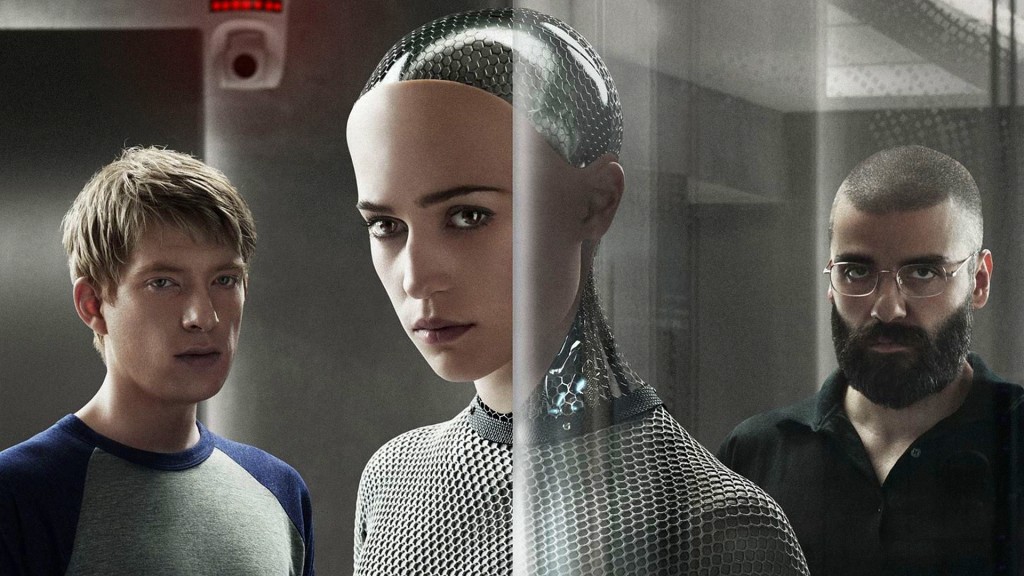The new sci-fi film Ex_Machina has been teasing back into the cultural dialogue dreams of artificial consciousness: the idea that we humans, through the Faustian power of technology, can birth into being mechanisms capable of inner life, subjectivity and affection. Since these dreams are entirely based on implicit assumptions about the nature of consciousness and reality at large, I thought a few observations would be opportune.
The first thing to notice is the difference between artificial intelligence andartificial consciousness. The former entails the ability to process information in ways that we consider intelligent. In particular, an intelligent machine should be capable of constructing an internal, symbolic representation of its environment so to interact coherently with it. We can test whether a machine is intelligent or not purely by observing its behavior in the environment. Alan Turing’s famous test aims precisely at that. However, none of the symbolic information processing in an intelligent machine needs to be accompanied by inner experience. It can all happen totally ‘in the dark.’ As such, an intelligent machine is, for all intents and purposes, simply a glorified calculator. There isn’t anything it is like to be the machine.
In conscious machines, on the other hand, the idea is that those internal calculations are accompanied by subjective inner experience, or inner life. In other words, there must be something it feels like, from the point of view of the machine itself, to perform the calculations. This is a whole different ballgame than mere artificial intelligence. Moreover, there is absolutely no way to definitively test whether a machine is conscious or not, since all we can ever hope to access is its architecture and behavior. Short of becoming the machine at least for a brief moment, we cannot know whether there is anything it is like to be it.

